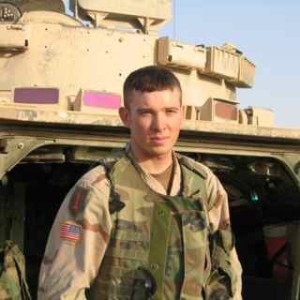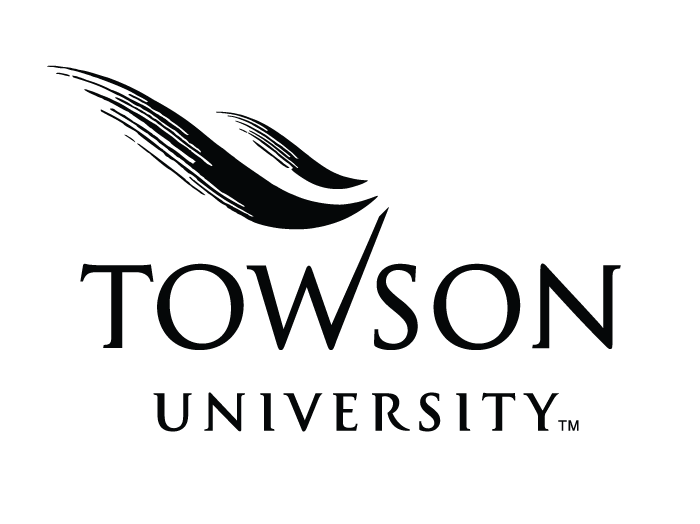Would you know a person with a disability if you saw him or her?
The panel of a Disability Awareness Workshop at Towson University proved things are not always what they seem.
The speakers, some of whom are Towson students, all appeared non-disabled. But they all live with something classified as a disability: paranoid schizophrenia, Attention Deficit Hyperactivity Disorder, significant hearing loss and identification on the autism spectrum (known as Asperger’s Syndrome).
Some told the more than 300 Towson students gathered that they don’t mention their disability to anyone unless they have to. “It’s kind of like you’re Superman, but you don’t want the Daily Planet or your girlfriend, Lois Lane, to know you wear a red cape and blue tights,” said Ryan, the panelist on the autism spectrum, who believes his identification gives him certain abilities others may not enjoy. He’s exceptionally able to remember movie lines, for example, but not his loved ones’ birthdays.
The students attending the seventh annual Disability Awareness Workshop weren’t just there for a class. They’re enrolled in 55 Towson majors, including Undecided. They attend in part because Student Affairs and Academic Affairs, under the chief guidance of Family Studies & Community Development department chair Karen Eskow, work closely to create the most impact for student life. With extensive cooperation from the university’s Disability Support Services office, the workshop is a chance for students to see and hear first-hand what persons with disabilities—visible or not—deal with on a day-to-day basis.
This year they also heard a lot of flashes of humor, like a student panelist with ADHD who spoke about a test he had to take to determine his level of ability. “It was a torturous process of a lot of hours,” he cracked. “I don’t know if it’s possible to walk out of that room and not be diagnosed with ADHD.”
For organizers, the event is a year-long effort aimed at a very specific goal: decreasing stigma and increasing the university community’s sensitivity. “We hope to create an opportunity for students to learn and have an experience that impacts their lives and student life,” said Eskow.
The keynote speaker at the event was not a Towson student or alumnus, but he brought a powerful message. Bryan Adams is a U.S. Army veteran who served in Iraq. He suffers from Post-Traumatic Stress Disorder (PTSD). For about 30 minutes, he shared his story to a nearly silent room.
Adams joined up in 2002, just two months after he finished high school. His first week stationed in Saddam Hussein’s restive hometown of Tikrit, he watched his company commander and a friend die when an improvised explosive device blew up their unarmored Humvee.
“I had every emotion going through my body,” Adams said. “All I could think was, ‘I have 51 more weeks here.’”
He described the unrelenting tension and constant state of alertness required for soldiers who can never know if they’re in the line of enemy fire. Then he told the students about what happened several months into his deployment: He saw Iraqi civilians scatter and immediately got the feeling something bad was about to happen. He looked to his right and saw two Iraqi children go wide-eyed. Five steps later, he felt something tear at his leg, heard booms and realized he was caught in the hail of gunfire from AK-47s.
It was an ambush.
“I didn’t even have a thought,” he remembered. “I was just running. I was like, ‘This is it. This is how it’s going to end for me. I’m going to die on this sidewalk in Iraq.’”
Adams suffered gunshot wounds to his calf and hand, went through physical therapy and was put back on active duty to finish his deployment. But what came immediately after the ambush was a hefty dose of survivor’s guilt. Two months after the end of his tour, the relief and celebration of being home gave way to incessant memories of what he’d seen. Soon his life spiraled into a stubborn and angry cycle of self-destructive behavior until a hostile outburst at a VA health center led a nurse to get him mental health help.
And there was the part of his message that hit students closest to home. According to Adams and the Active Minds organization, one in four college students is dealing with a mental health issue—frequently undiagnosed, and sometimes classified as a disability. Then he gave the students their mission.
“You are a force in the university,” he told them. “Go out and try to advocate. The change is going to come from us.”

